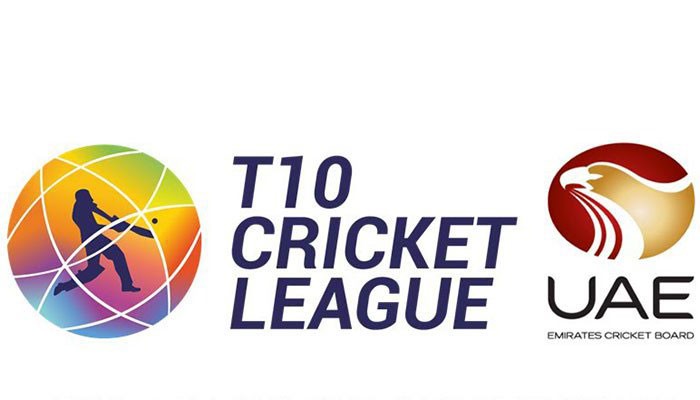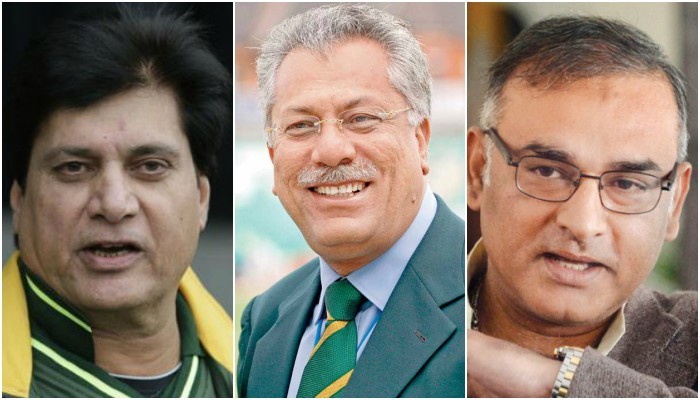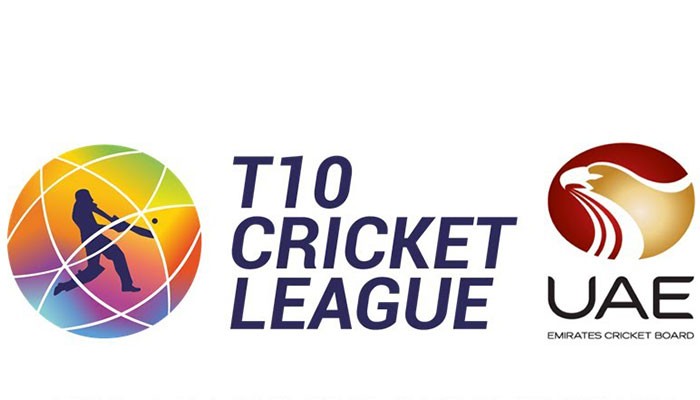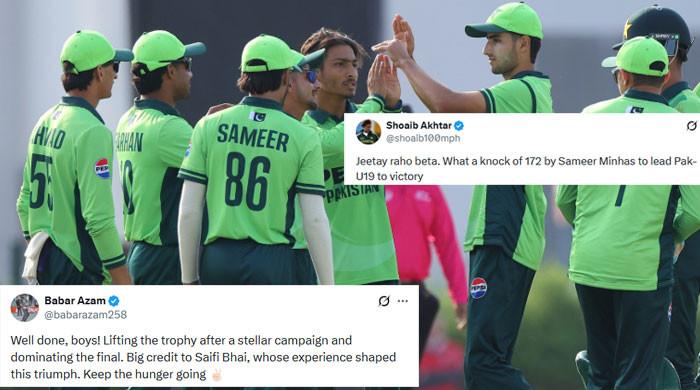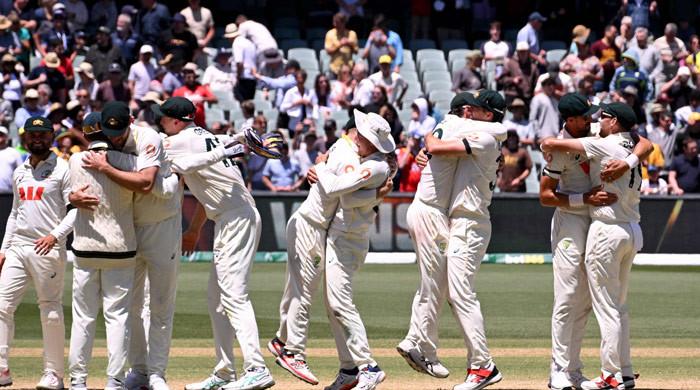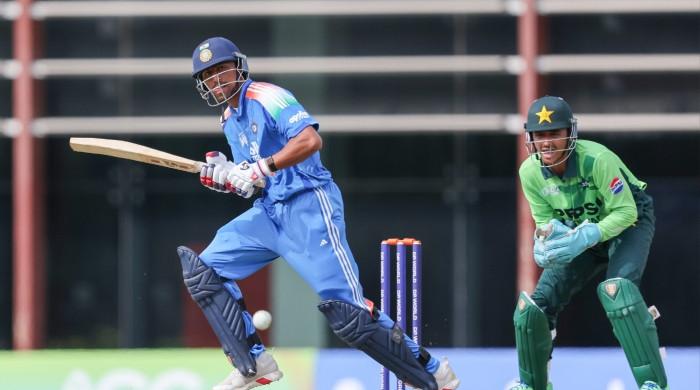What made the PCB change its mind on the T-Ten league?
PCB ignoring apprehensions by PSL franchises, confession of taking $400,000 fee raises several questions
December 09, 2017
KARACHI: The confession by the Pakistan Cricket Board (PCB) that it took a fee of $400,000 from the organisers of the T-Ten League has raised several questions on the board's competency to deal with the matter.
PCB, in an earlier statement, had said that the fees was taken from the organisers of the league for releasing centrally contracted players for the four-day event.
“The PCB has taken a fee of US $400,000 from the league to allow only ten of its centrally contracted players to participate in it. This money is being spent on game development in the country,” PCB had stated on Thursday.
This confession by PCB has raised several questions.
On what basis did the PCB calculate the value of the centrally contracted players as US$400,000?
Under which law and which process did the PCB seek money from a private party for releasing players?
Does the PCB have any legal or moral right on the players’ personal appearance rights?
Will the PCB opt for the same procedure of demanding fees from leagues to release players every time? Or this was only for favouring the controversial T-Ten league?
And lastly, will the PCB release its player to any private party for future events after setting this precedent?
It is also worth mentioning that the chairman of PCB, Najam Sethi, had earlier publicly announced to discourage and disown the T-Ten league.
In an interview with a private channel, Sethi had clearly stated that PCB has no connection with this league and it will not send players to the league in UAE.
However, within a few days, the PCB changed its mind.
Not only has the board released its players for the league, but PCB officials have also been actively defending the league on social media, making one wonder why the national cricket board is desperately defending the league and its ownership.
For the love of the T-Ten League, the PCB has also ignored all apprehensions expressed by Pakistan Super League (PSL) franchises.
It also compromised on the quality of the country’s prestigious Quaid-e-Azam Trophy by allowing players to skip the domestic event for a non-serious cricket tournament.
Whoever is the beneficiary may not be relevant but Pakistan cricket is feared to be on losing end.
